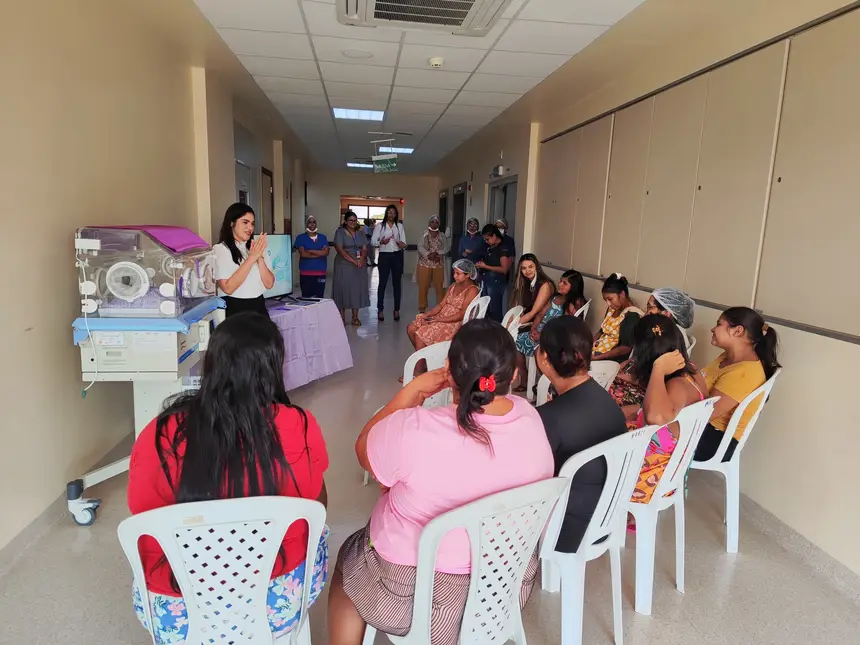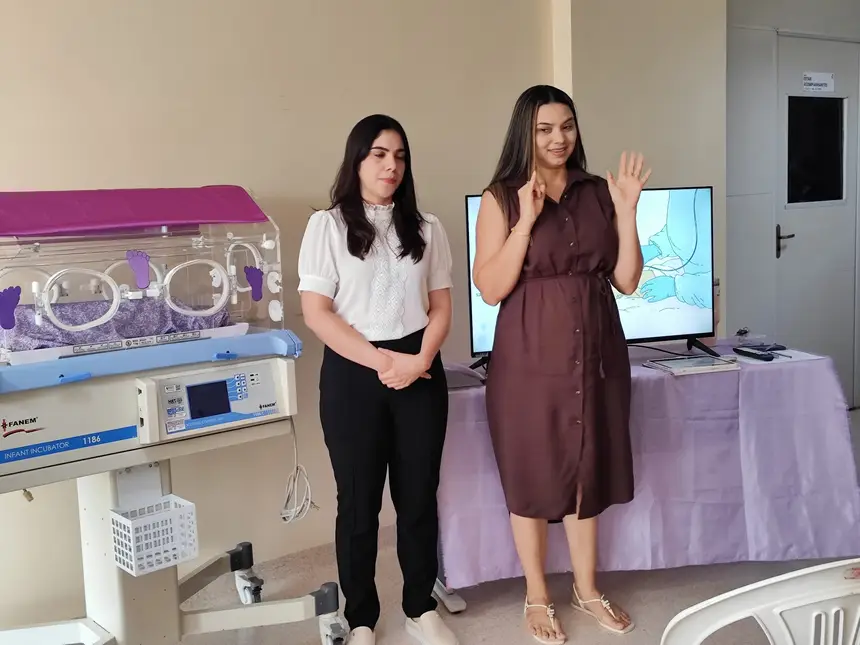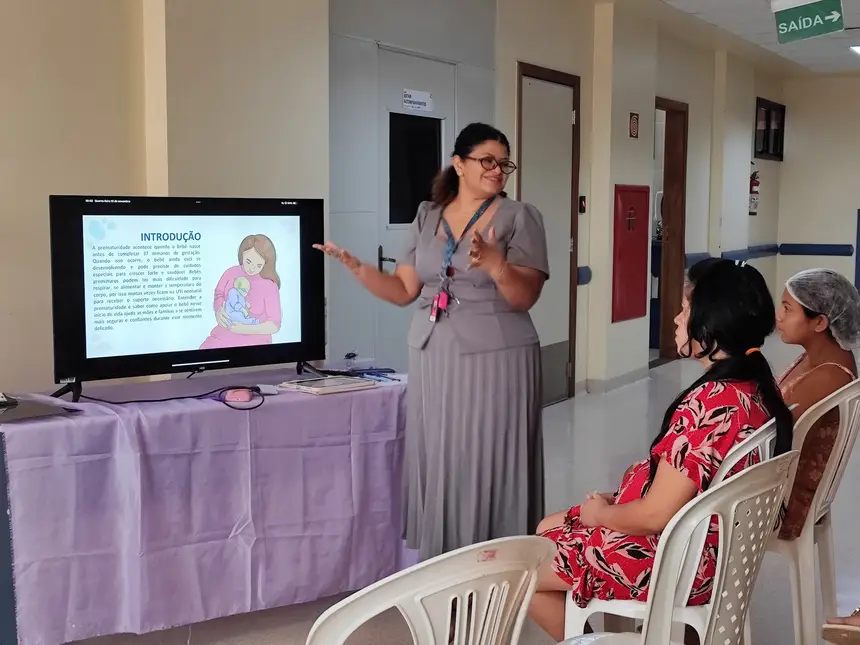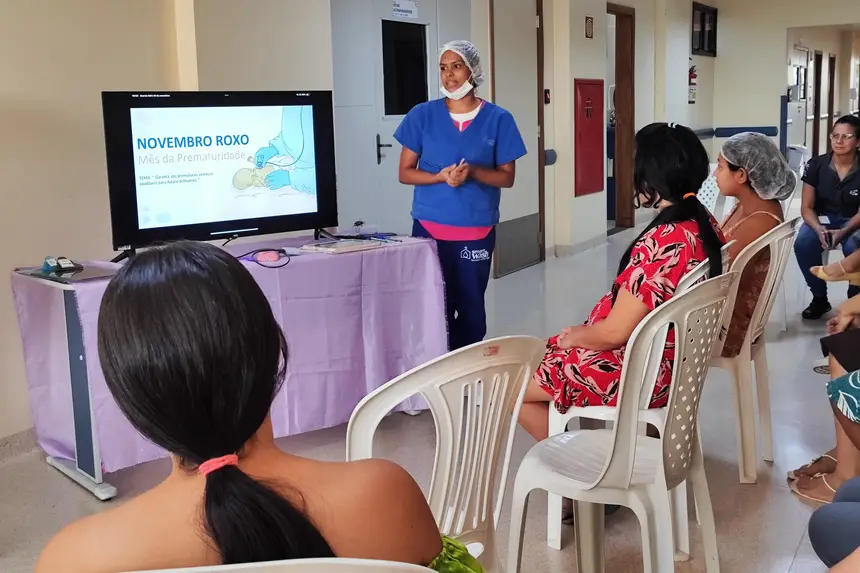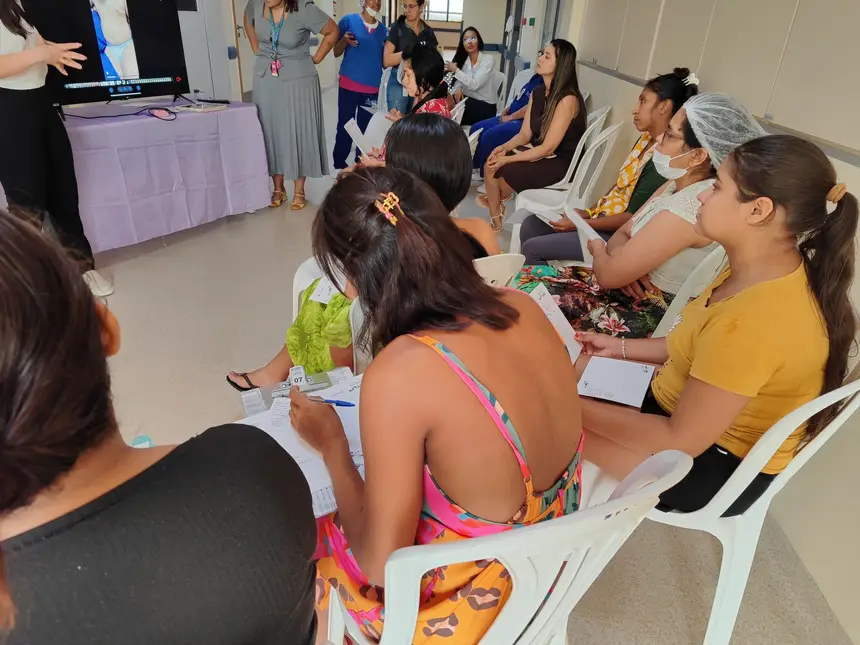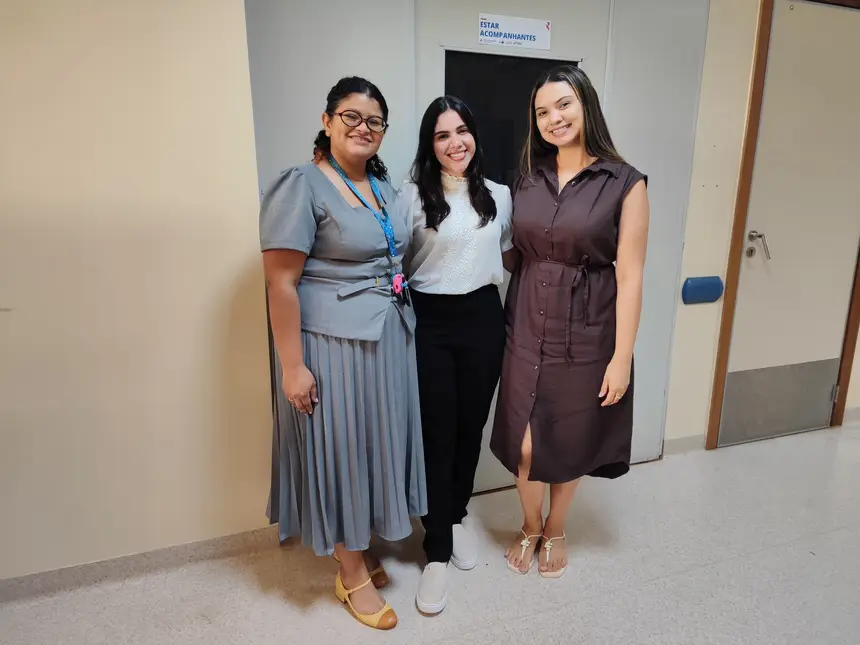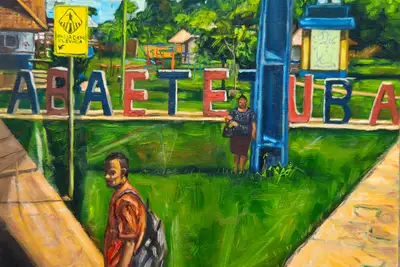Regional Hospital of Tapajós promotes action that strengthens mothers of premature babies
Initiative from the Humanization sector offered support, information, and emotional assistance to families facing the routine of intensive care
In reference to Prematurity Month in November, the Regional Hospital of Tapajós (HRT), in Itaituba, southwest of Pará, promoted last Wednesday, the 19th, an action aimed at mothers of babies hospitalized in the Neonatal Intensive Care Unit. The initiative, organized by the Humanization sector, sought to provide support, information, and emotional assistance to families facing the routine of intensive care.
November is Prematurity Month, known as Purple November. The campaign aims to raise awareness about premature birth, the risks for babies born too early, and the importance of care for pregnant women and newborns. The highlight is World Prematurity Day, celebrated on November 17.
At the Regional Hospital of Tapajós, among the participants was Aldiane Arruda, 32 years old, a special guest of the action. Mother of a baby who was once hospitalized in the HRT Neonatal ICU, Aldiane returned to the unit to share her journey of overcoming and the positive experience she had at the hospital.
Aldiane has faced two instances of prematurity: her first baby was hospitalized for 30 days but did not survive. The second, Matheus Levi, was born at 30 weeks and spent more than 30 days in the ICU at the Regional Hospital of Tapajós. Today, at 10 months old, he continues to develop. “Coming back here and talking about our story is very important. I was very welcomed when I was in the unit, and sharing this with other mothers helps us to strengthen ourselves,” she emphasized.
During the meeting, pediatrician Karla Araújo explained the causes that can lead to prematurity and detailed the care provided to newborns in the ICU. The specialist also reinforced the importance of follow-up after hospital discharge. “Proper nutrition, timely vaccinations, and vitamin supplementation are essential to ensure that the baby continues to develop safely,” she stated.
Physiotherapist Lorena Galucio complemented the program with guidance on the motor development of premature babies, highlighting the difference between chronological age and corrected age, as well as explaining in which situations ICU admission is necessary. She also emphasized the role of respiratory physiotherapy. “Physiotherapy helps the baby breathe better and strengthens the lungs, which is crucial for their clinical evolution,” she explained.
The mothers also participated in a dynamic activity promoted by the nursing team of the Neonatal ICU, led by nurse Gabrielle Beatriz Santos Nascimento, who proposed writing a letter to the babies, recording wishes and feelings for the future. For the professional, the moment was especially significant. “It is an opportunity for mothers to express, through words, everything they sometimes cannot say amidst the routine of the ICU. It is a simple gesture, but very powerful,” she stated.
The educational actions were carried out throughout the month, reinforcing the importance of comprehensive care for families and early childhood, especially in cases of prematurity.
The Regional Hospital of Tapajós is a unit of the Government of Pará, managed by the State Department of Public Health (Sespa) and the Social Institute Mais Saúde. The Hospital is a reference in the Tapajós region, providing medium and high complexity care in specialties such as traumatology, internal medicine, general surgery, and high-risk obstetrics.


